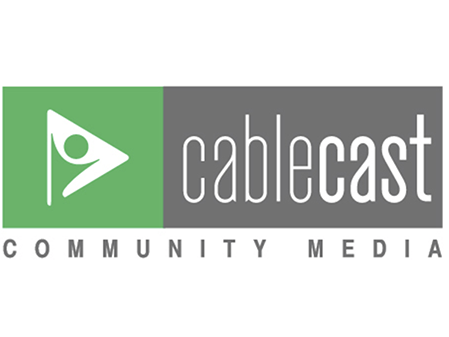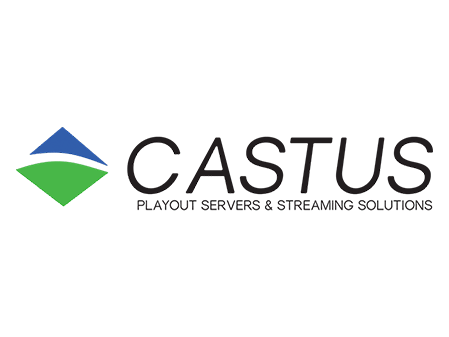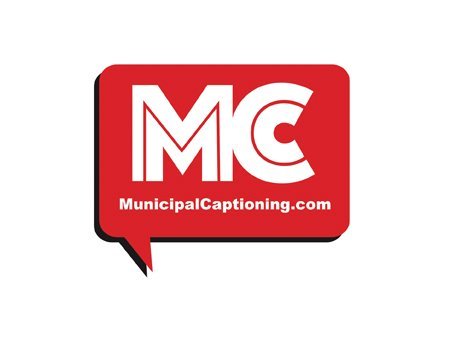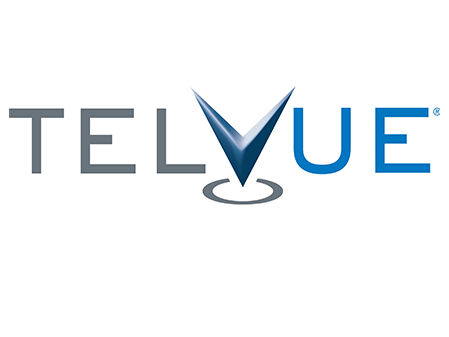Court denies FCC request to delay oral arguments in case challenging its August 2019 Third Report and Order
The case of City of Eugene, OR v. FCC will go on as scheduled on April 15, despite the fact that the FCC asked to put the case “in abeyance for 120 days…in light of recent changes in the membership and leadership of the Commission.” The NCTA, the cable TV lobby group and an intervenor in the case, objected to the FCC’s motion saying it would be harmed by the delay. The court agreed with the NCTA.
The case is about the FCC’s 2019 Third Report and Order Implementation of Section 621(a)(1) of the Cable Communications Policy Act of 1984, 34 FCC Rcd 6844 (2019). This Order reinterpreted the federal Cable Act to mean that the total of in-kind support and franchise fees paid to cities by cable operators could not exceed 5% of video gross revenues. For the last 35 years, the 5% franchise fee cap was always understood as separate from any in-kind support negotiated with a cable operator in a local franchise agreement.
The Biden administration FCC is not yet at full strength. Two of its current members opposed the 2019 Order (Rosenworcel and Starks), one supported it (Carr), one member was not on the Commission at the time (Nathan Simington) and one seat is open. The FCC sought to delay oral arguments in the case set for April 15, in order to “consider how to proceed in this case, including whether to revisit some or all of the actions taken in the Order.”
The cap imposed on cable operator support excepted local franchise agreement requirements for capital support for PEG access channels, PEG access channel capacity, PEG program origination equipment and lines, and the installation of origination equipment and lines.
The move by the FCC is viewed as an indication that the FCC may reopen the issue and seek to revert back to the generally accepted interpretation of the 1984 Cable Act. PEG media supporters are thrilled at the prospect and breathing a sigh of relief for another reason. If the Biden FCC is considering revisiting the 2019 order, there is no chance that the idea of monetizing PEG channels and charging cities for using them will be entertained. This idea was being pushed by the cable TV lobby, but had not been acted on yet by the Trump FCC.
Wisconsin municipalities no longer negotiate local cable franchise agreements with cable operators due to a state law passed in 2007. Video service providers here are governed by state statute.








